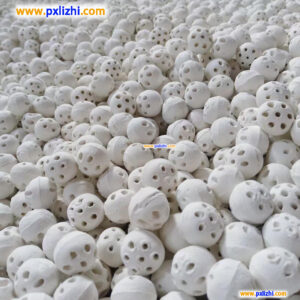The Ultimate Guide to Inert Ceramic Balls: Applications, Benefits, and Selection Tips

The Ultimate Guide to Inert Ceramic Balls: Applications, Benefits, and Selection Tips
Inert ceramic balls are essential components in numerous industrial processes, known for their durability and chemical stability. These small, spherical materials play a vital role in enhancing efficiency across various sectors.
Industrial Applications
These versatile balls are widely used as tower packing in chemical and petrochemical industries. They serve as catalyst bed supports in reactors, preventing clogging and ensuring optimal flow distribution. Additionally, they function as grinding media in milling operations and provide thermal insulation in high-temperature environments.
Key Advantages
The primary benefits include exceptional corrosion resistance, high mechanical strength, and thermal stability. Their inert nature ensures they don’t react with processed materials, maintaining product purity. These properties contribute to extended equipment lifespan and reduced maintenance costs.
Selection Criteria
When choosing inert ceramic ball products, consider factors like alumina content, bulk density, and operating temperature. Higher alumina content typically means better chemical resistance, while proper size selection ensures optimal performance in specific applications.
Common Questions Answered
Temperature Resistance
These ceramic spheres can withstand temperatures up to 1650°C, making them suitable for extreme thermal conditions in various industrial settings.
Chemical Compatibility
Their non-reactive nature makes them compatible with most acids, alkalis, and organic solvents, except for hydrofluoric acid and strong alkalis at elevated temperatures.
Get Expert Guidance
Ready to optimize your industrial processes? Contact our specialists today for personalized recommendations on selecting the perfect inert ceramic balls for your specific requirements. Improve your operational efficiency with our premium-quality solutions.